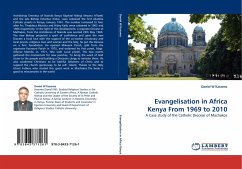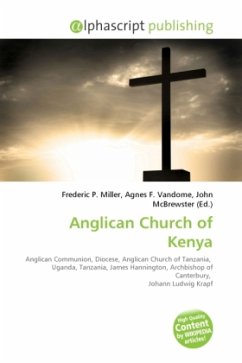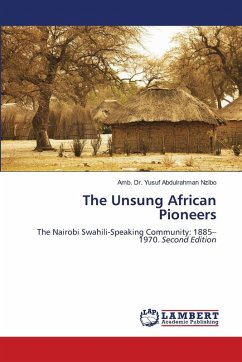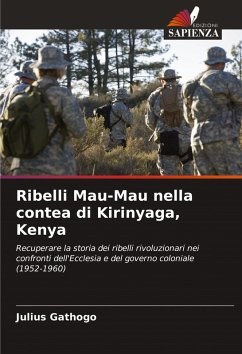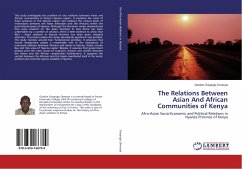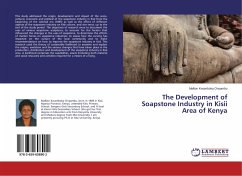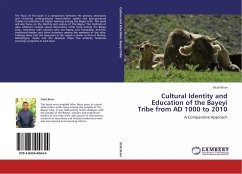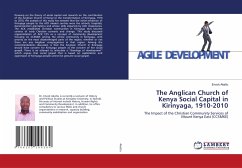
The Anglican Church of Kenya Social Capital in Kirinyaga, 1910-2010
The Impact of the Christian Community Services of Mount Kenya East (CCSMKE)
Versandkostenfrei!
Versandfertig in 6-10 Tagen
58,99 €
inkl. MwSt.

PAYBACK Punkte
29 °P sammeln!
Drawing on the theory of social capital and research on the contribution of the Anglican Church of Kenya to the transformation of Kirinyaga, 1910 to 2010, the analysis of this study has stressed that the initial attraction of Kirinyaga people to the ACK mission centres were the schools, hospitals, demonstration plantations and artisan skills imparted by ACK missionaries. The ACK established Christian communities in Kirinyaga that became centres of early Christian converts and change. This study discussed regionalization of ACK CCS as a concept of community development focusing on CCSMKE servin...
Drawing on the theory of social capital and research on the contribution of the Anglican Church of Kenya to the transformation of Kirinyaga, 1910 to 2010, the analysis of this study has stressed that the initial attraction of Kirinyaga people to the ACK mission centres were the schools, hospitals, demonstration plantations and artisan skills imparted by ACK missionaries. The ACK established Christian communities in Kirinyaga that became centres of early Christian converts and change. This study discussed regionalization of ACK CCS as a concept of community development focusing on CCSMKE serving the whole community in Kirinyaga, with priority on the most disadvantaged parts of the region, whether or not there are any Anglican congregations in that region. Among the recommendations discussed, is that the Anglican Church in Kirinyaga should have concern for Kirinyaga people as the concern of her social gospel. There is an attempt to articulate a "theology of development" which argues that social gospel that is based on exploitation and oppression of Kirinyaga people cannot be genuine social gospel.



